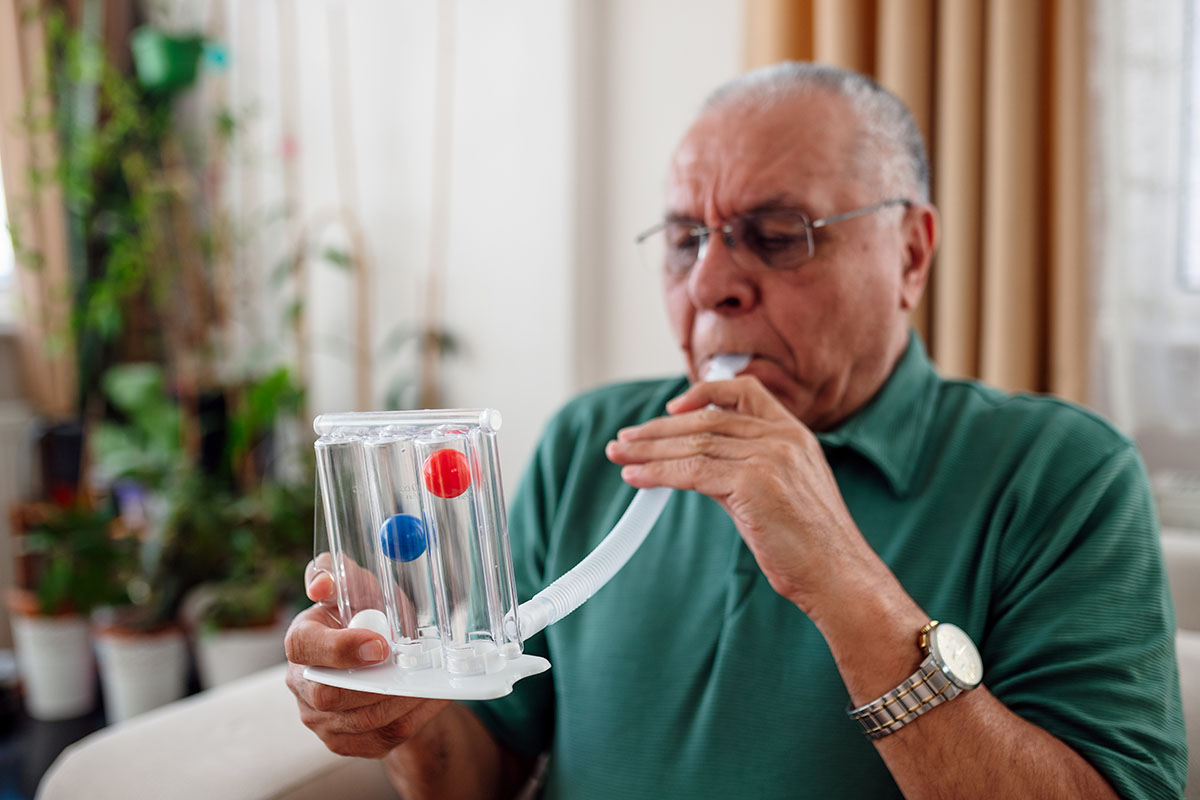Silent Signs of Lung Failure in Seniors – It Might Be COPD
Many seniors live with COPD without even knowing it. Early warning signs like shortness of breath, wheezing, and chronic fatigue are often overlooked. Don’t ignore what your body is trying to tell you — these subtle signs could point to something serious.

Common Silent Signs of COPD in Seniors
-
Persistent morning cough
-
Unexplained fatigue
-
Frequent clearing of throat
-
Difficulty performing daily activities
-
Decreased appetite
-
Mild shortness of breath during routine tasks
Early Warning Symptoms to Monitor
-
Wheezing, especially during exertion
-
Increased mucus production
-
Recurring chest infections
-
Taking longer to recover from colds
-
Changes in sleep patterns
-
Unexplained weight loss
Understanding Lung Failure Indicators
-
Blue tinge to lips or fingernails
-
Swelling in ankles or feet
-
Difficulty completing sentences
-
Morning headaches
-
Rapid heartbeat
-
Decreased mental alertness
How to Identify COPD Early
Early detection of COPD involves paying attention to subtle changes in breathing patterns and overall health. Regular check-ups with healthcare providers are essential, especially if you notice any consistent respiratory symptoms. Simple screening tests, like spirometry, can help diagnose COPD before it progresses significantly.
Treatment Options and Management
COPD treatment typically involves a combination of medications, lifestyle changes, and pulmonary rehabilitation. Common treatments include:
-
Bronchodilators
-
Inhaled corticosteroids
-
Oxygen therapy
-
Pulmonary rehabilitation programs
-
Smoking cessation support
-
Regular exercise routines
COPD Treatment Cost Overview
| Treatment Type | Average Monthly Cost | Coverage Options |
|---|---|---|
| Bronchodilators | $250-$350 | Insurance/Medicare |
| Inhaled Steroids | $175-$250 | Insurance/Medicare |
| Oxygen Therapy | $200-$500 | Medicare/Insurance |
| Pulmonary Rehab | $800-$2,500 | Partial Coverage |
Prices, rates, or cost estimates mentioned in this article are based on the latest available information but may change over time. Independent research is advised before making financial decisions.
Prevention and Lifestyle Modifications
Preventing COPD progression requires consistent lifestyle changes. This includes avoiding smoke exposure, maintaining good air quality at home, getting regular exercise within personal limitations, and following a nutritious diet. Regular vaccinations against flu and pneumonia are also crucial for COPD patients.
COPD management becomes more effective when symptoms are caught early. While the condition cannot be cured, proper treatment can significantly slow its progression and improve daily life quality. Regular communication with healthcare providers and adherence to prescribed treatments are essential components of successful COPD management.
This article is for informational purposes only and should not be considered medical advice. Please consult a qualified healthcare professional for personalized guidance and treatment.




